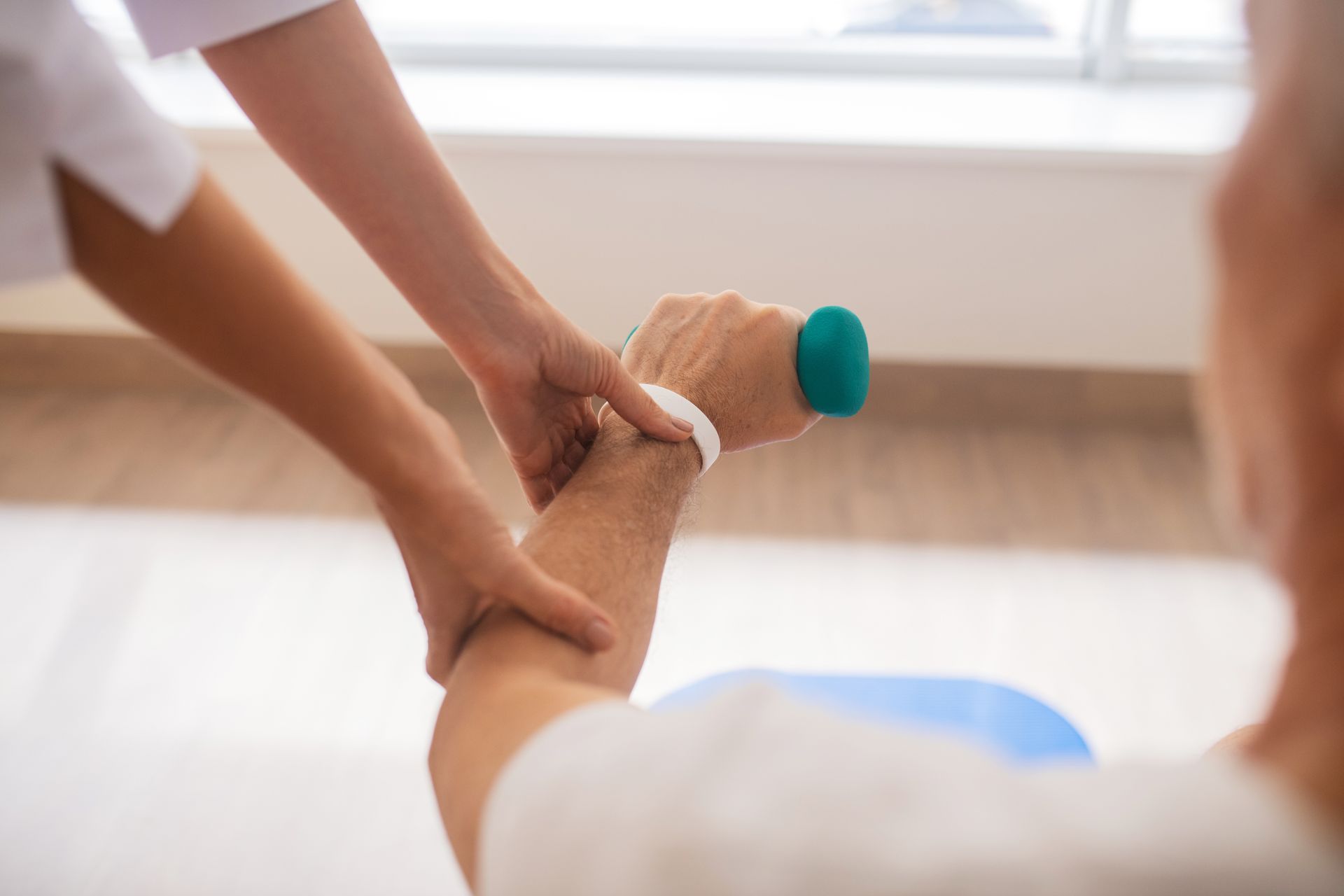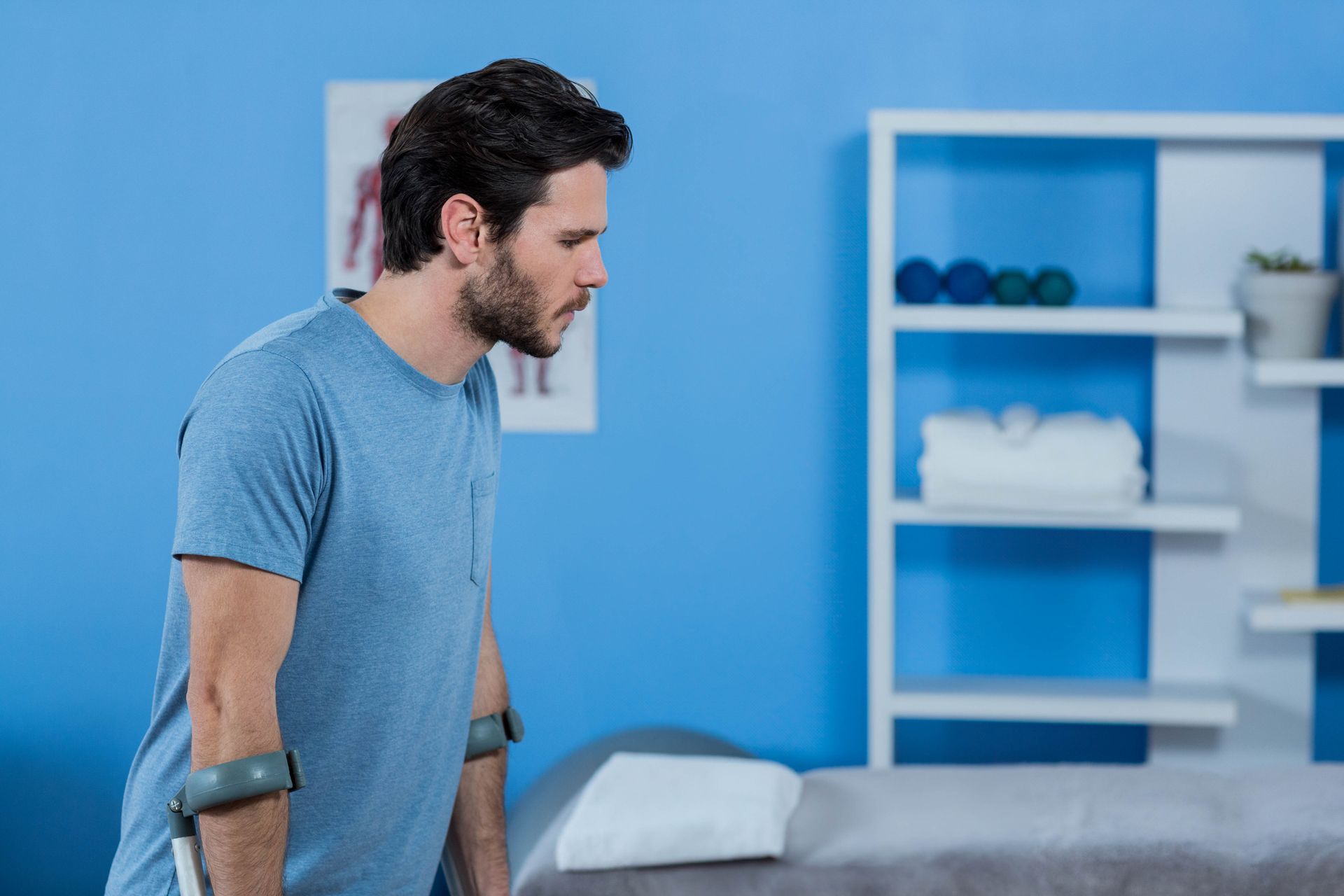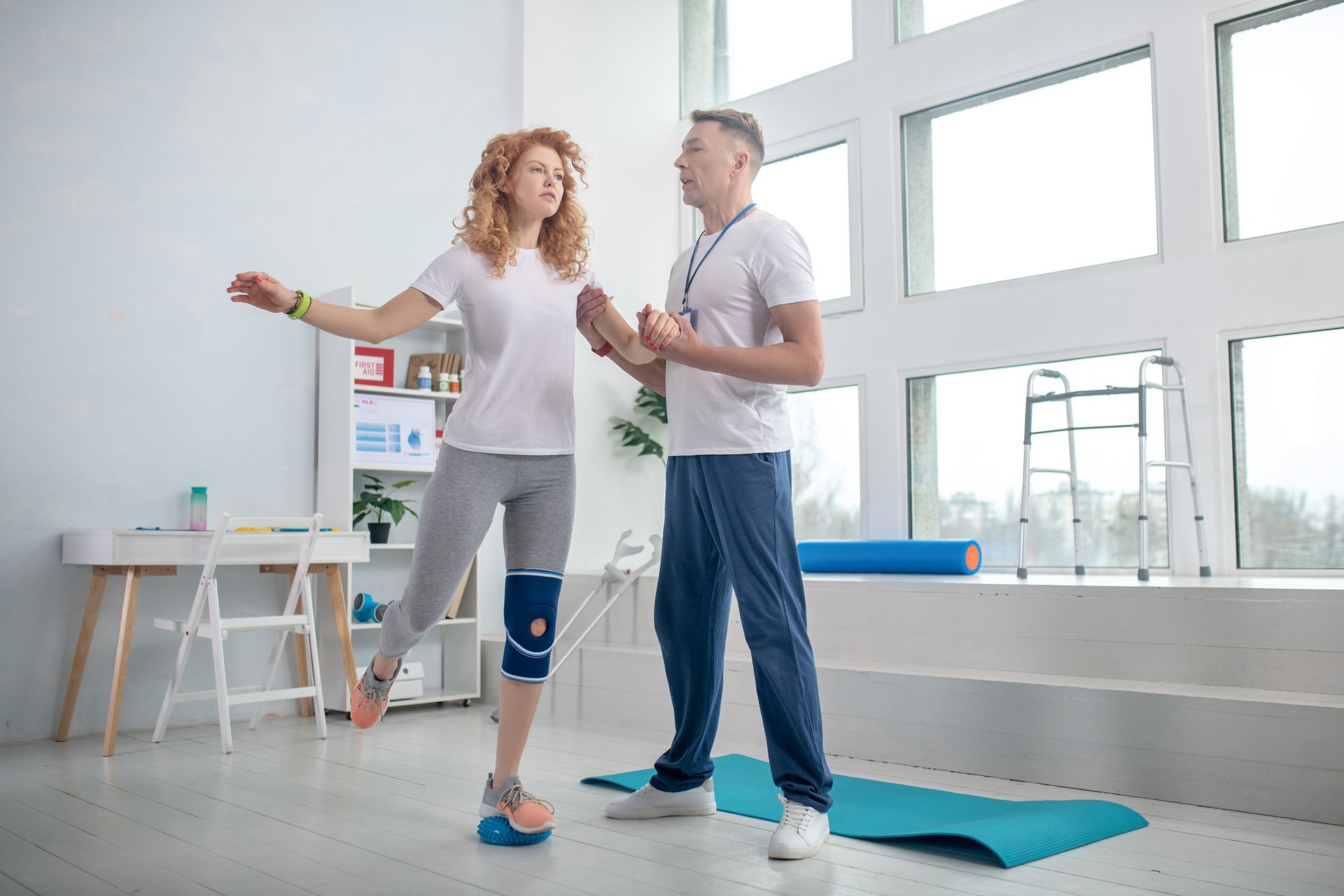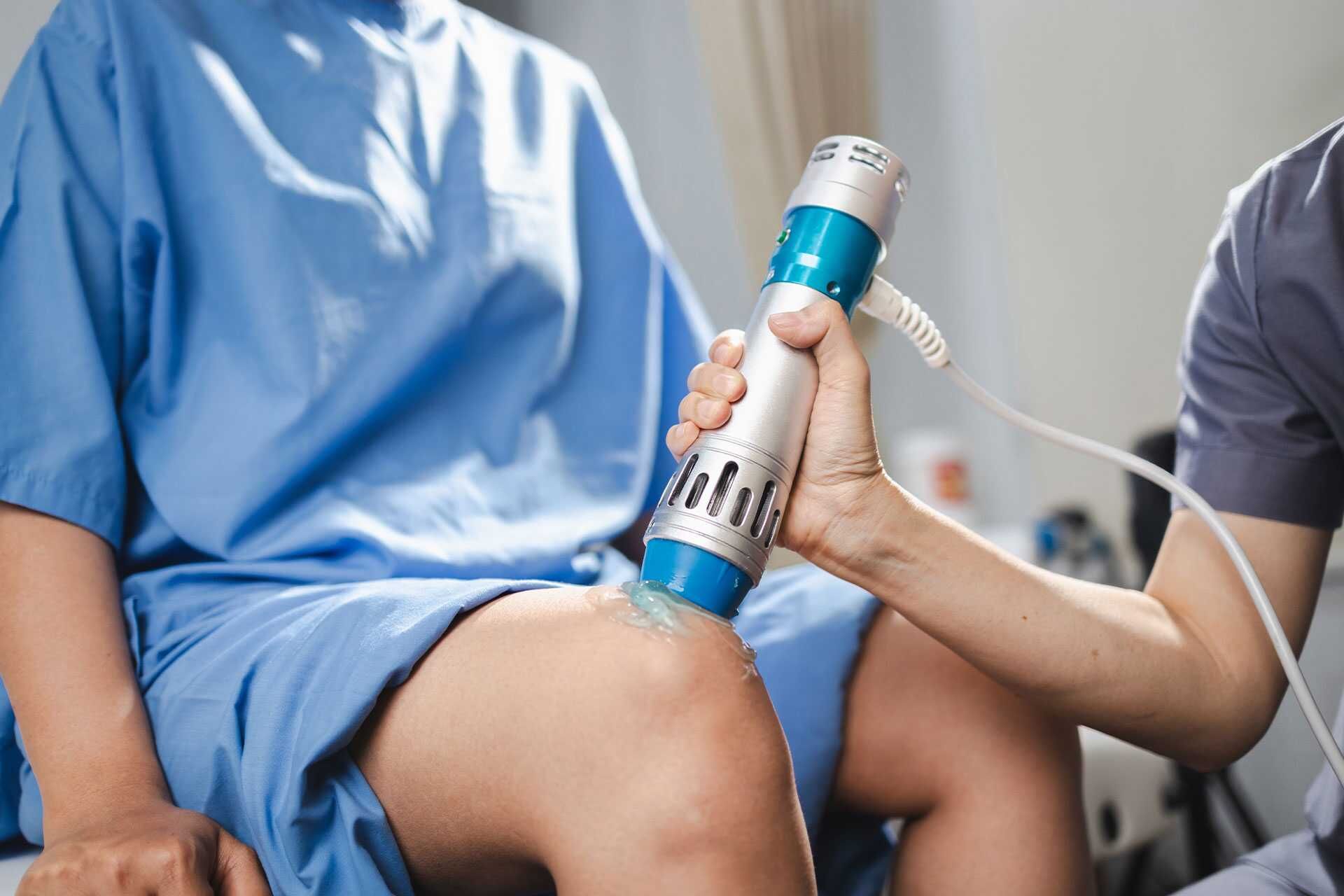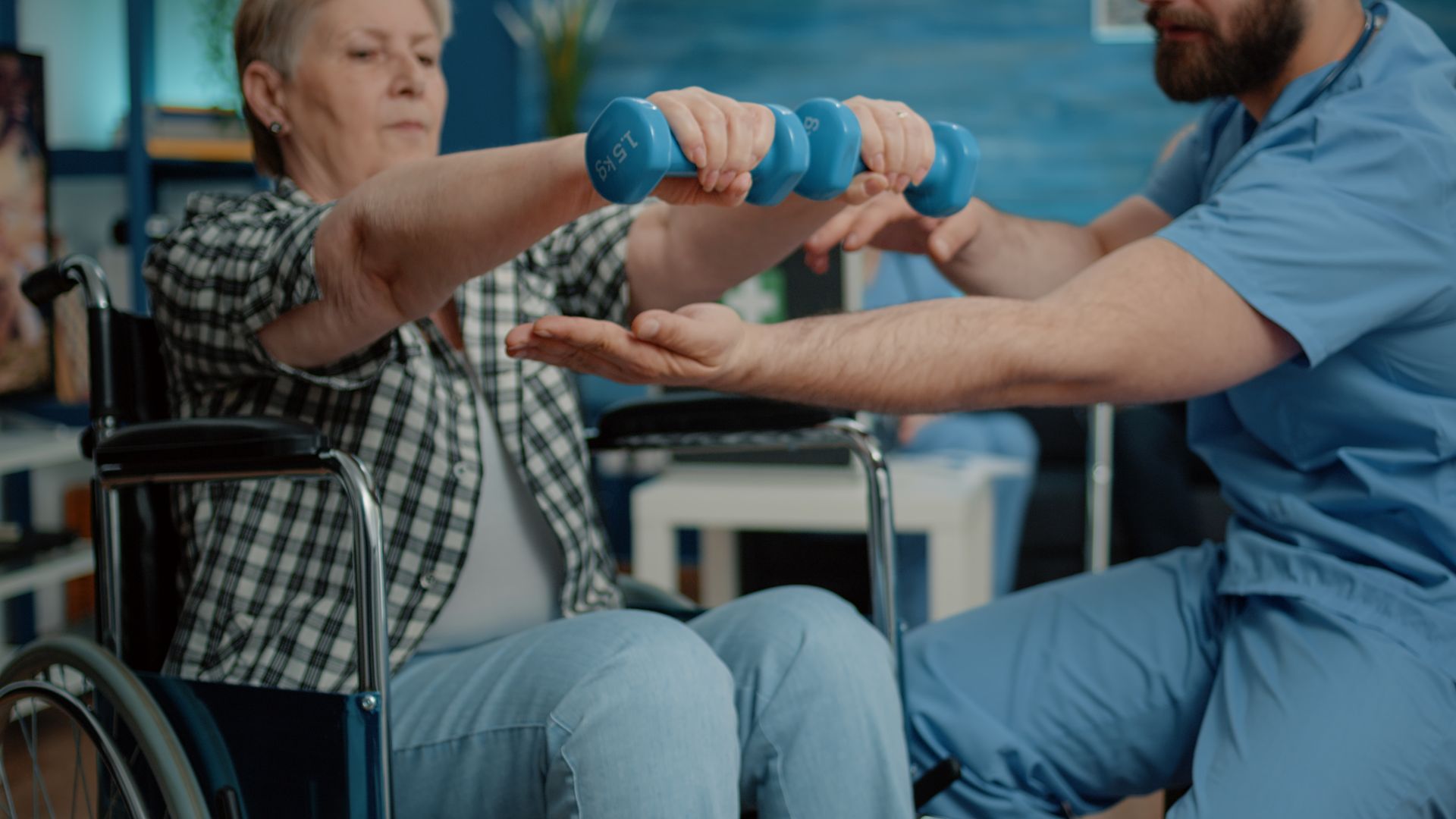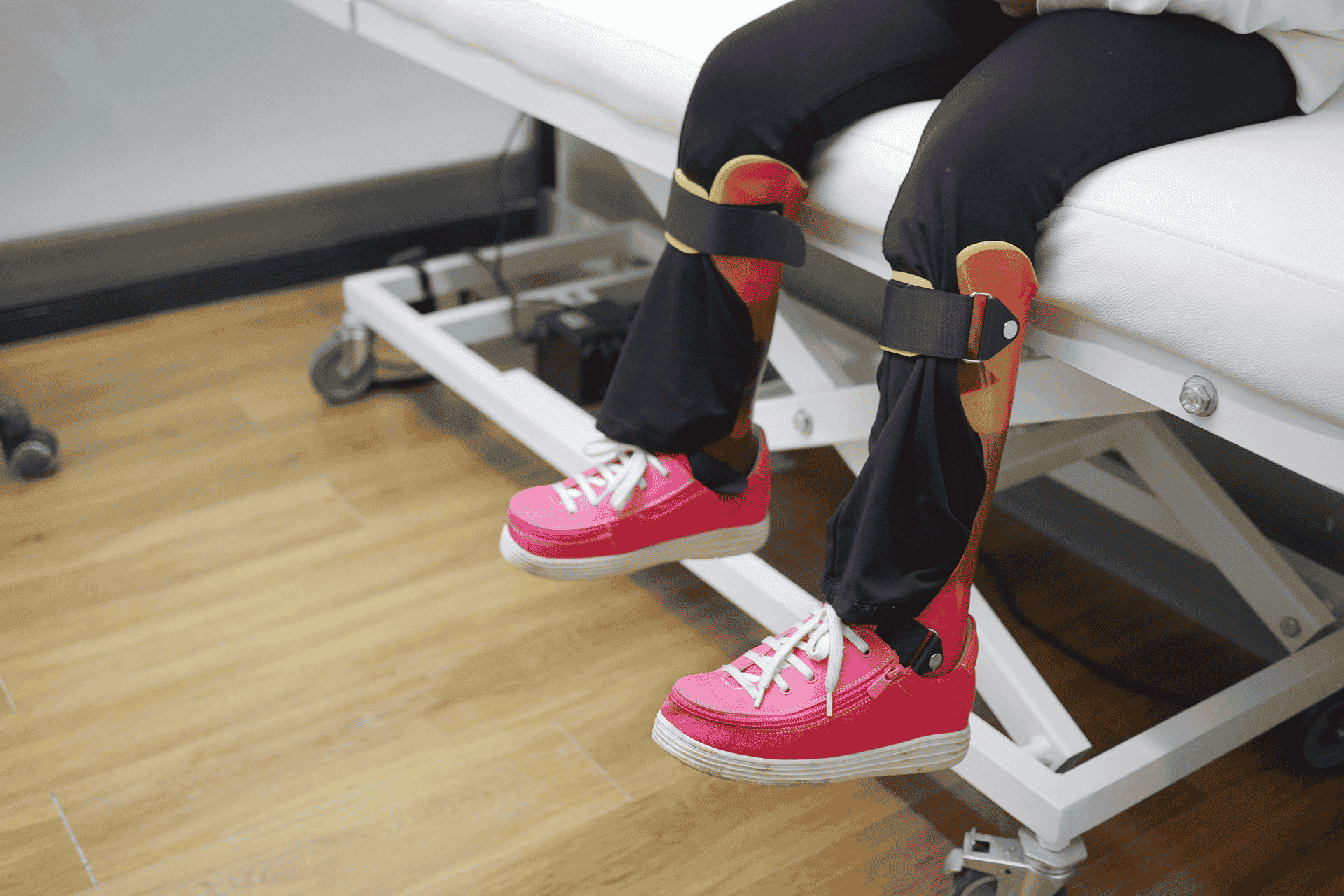Dispelling Myths: The Truth About Medical Compression Stockings
In our pursuit of effective health solutions at Delta Physiotherapy & Rehab, we recognize the importance of accurate information. One area we've observed a plethora of misconceptions is around medical compression stockings. Today, we aim to dispel the myths and present the truth about these highly beneficial health aids.
Understanding Medical Compression Stockings
Before we delve into the myths and facts, it's helpful to understand what medical compression stockings are. These specialized hosiery items are designed to provide support to your legs and boost circulation. By applying pressure to your lower legs, they help to maintain blood flow, reduce discomfort and swelling, and prevent the development of venous disorders.
Myth 1: Compression Stockings Are Only For The Elderly
Fact: Compression stockings are not just for the elderly. People of all ages can benefit from them, including athletes, pregnant women, people who stand or sit for long periods, and those undergoing post-operative care.
Myth 2: They Are Uncomfortable And Difficult To Wear
Fact: While some may initially find compression stockings a bit tight, they should not cause discomfort if properly fitted. At Delta Physiotherapy & Rehab, we help our clients find the right fit, making them comfortable and beneficial.
Myth 3: They Are Only For People With Chronic Conditions
Fact: While they are often prescribed for chronic conditions like varicose veins or lymphedema, compression stockings can also be used preventively. Those at risk of deep vein thrombosis, such as long-haul travelers or post-operative patients, can also benefit from wearing these stockings.
Myth 4: They Are Not Attractive
Fact: Modern medical compression stockings come in various designs and colors, looking just like regular hosiery. Whether you prefer a sheer or opaque finish, there’s a style to match everyone's aesthetic preference.
Myth 5: All Compression Stockings Are The Same
Fact: Compression stockings come in various levels of compression, lengths, and styles. Your healthcare provider should assess your needs and recommend the most appropriate type for you.
Benefits of Medical Compression Stockings
Now that we've dispelled some of the myths, it's essential to remember the countless benefits of using medical compression stockings, including improved blood flow, reduced swelling in the legs, prevention of blood clots, enhanced recovery after workouts, and relief from symptoms of various venous disorders.
The Delta Physiotherapy & Rehab Advantage
At Delta Physiotherapy & Rehab, we pride ourselves on our evidence-based practices and personalized approach to treatment. Our team of experienced healthcare professionals is dedicated to providing the best care to help you live and move well. So whether you’re in need of medical compression stockings or any other physiotherapy services, we’ve got you covered.
Our clinics, located in Central Parkway and Dundas in Mississauga, offer a range of services, including Custom Orthotics, Chiropractic Care, Massage Therapy, Shockwave Therapy, and more. We are committed to ensuring our clients experience the best possible recovery journey, and education is a crucial step in that process.
In the bustling areas of Central Parkway and Dundas, our locations are conveniently accessible for those seeking top-tier physiotherapy and rehab services in Mississauga.
Final Thoughts
Dispelling myths is vital in making informed health decisions. Medical compression stockings, far from being merely an elderly concern, are a versatile tool for enhancing circulatory health across all ages and health states. When utilized correctly, they offer significant benefits and can profoundly improve one's quality of life.
Visit us at Delta Physiotherapy & Rehab in Central Parkway, Mississauga and Dundas, Mississauga. Get ahead on your journey to recovery and improved health. Call our Central Parkway or Dundas location to book an appointment today. We look forward to supporting you in your health journey with our evidence-based, patient-centered approach.

